It has been said that tax is one of two things in this world that you can be sure of. But when it comes to making a decision about a company car and understanding the taxable benefit of this vehicle, many feel inadequately informed.
This article is designed to decipher the jargon. It will explain what Benefit In Kind (BIK) is, what it means to company car owners, and how shrewd business users can identify potential tax benefits of Toyota vehicles.
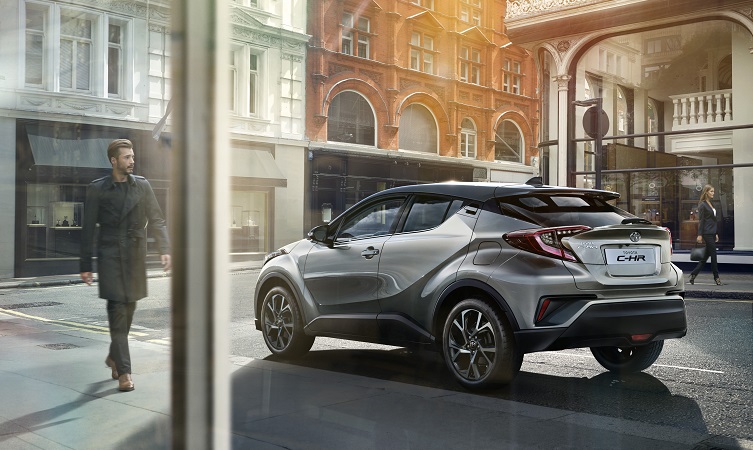
What is Benefit In Kind and how is it calculated?
Benefit In Kind is a ‘work perk’ provided by an employer, such as the use of a company car. Although this particular perk is not included in your salary, it does not come for free. The monetary benefit is valued and taxed by the government, with the taxable annual figure divided into monthly payments and deducted from your wages by your employer.
The value of a company car is calculated through a number of factors, such as the purchase price, the type of fuel it uses and the volume of CO2 it emits. Other considerations that have a bearing on the cost include the predicted residual value of the vehicle and the level of income tax normally levied against the recipient of the vehicle.
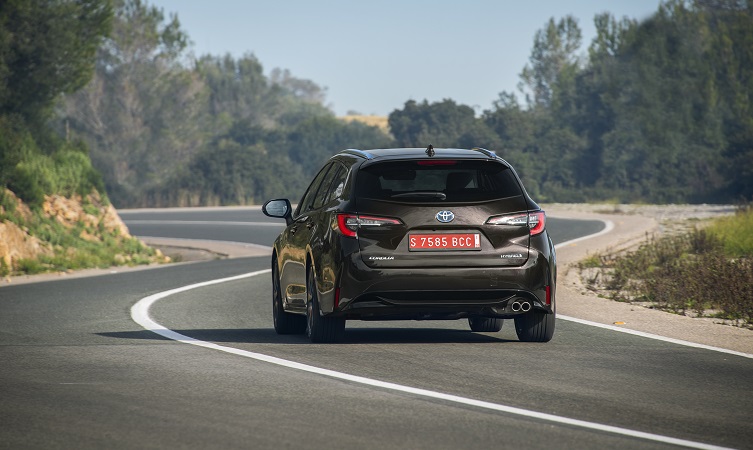
Why are Toyota vehicles a shrewd choice for business users?
The factors used to calculate BIK taxation harmonise with the developmental approach Toyota has been applying for years in order to improve the cleanliness, fuel efficiency, quality and longevity of our vehicles. Because of this, Toyota offers a broad range of tax-efficient vehicles, more than half of which are electrified with eco-friendly hybrid technology to reduce emissions and therefore the tax you pay.
These hybrid powertrains deliver impressively low CO2 emissions and competitive whole-life running costs. They emit around one-tenth of the NOx emissions of a Euro 6 diesel engine and therefore do not require expensive particulate filters or other emission-reducing systems. Meanwhile, regenerative braking significantly reduces both brake and tyre wear.

How much will a Toyota company car cost me?
Toyota offers a range of 13 model lines, among which seven are either dedicated hybrid models or can be specified with hybrid technology. The range encompasses both passenger and commercial vehicles, so the choice is broad and compelling.
The figures below offer an indication of the potential costs associated with BIK for a 20% income tax payer from 1 April 2019. Please note that we have displayed the most affordable versions of each model from a BIK perspective and have excluded fuel cost contributions. All prices have been rounded up to the nearest pound.
| TOYOTA MODEL | CO2 LEVEL (g/km) | % OF PRICE TAXED | MARGINAL TAX RATE | TAXABLE VALUE (P11D) | TAX PAYABLE PER MONTH / YEAR |
| Aygo | 113-119 | 25% | 20% | £9,640 | £40 / £482 |
| Yaris Hybrid | 108-141 | 24% | 20% | £15,535 | £62 / £746 |
| Corolla Hybrid | 101-120 | 23% | 20% | £23,985 | £92 / £1,103 |
| Toyota C-HR Hybrid | 109-119 | 24% | 20% | £26,045 | £104 / £1,250 |
| RAV4 | 126-131 | 28% | 20% | £30,750 | £144 / £1,722 |
| GT86 | 191-193 | 37% | 20% | £26,495 | £163 / £1,960 |
| Prius | 94-109 | 19% | 20% | £24,175 | £77 / £919 |
| Prius Plug-in | 29 | 10% | 20% | £32,070 | £53 / £641 |
| Prius + | 132-135 | 29% | 20% | £27,640 | £134 / £1,603 |
| Land Cruiser | 234-256 | 37% | 20% | £33,425 | £206 / £2,473 |
| Proace Verso | 168-199 | 37% | 20% | £28,850 | £178 / £2,135 |
| Hilux (commercial) | 230-248 | N/A | 20% | £23,404 | N/A |
| Land Cruiser (commercial) | 233-252 | N/A | 20% | £32,514 | N/A |
| Proace City (commercial) | TBC | N/A | 20% | £20,959 | N/A |
| Proace (commercial) | 165-196 | N/A | 20% | £24,705 | N/A |
We hope this has helped clarify the meaning of Benefit In Kind and Toyota’s offering. If you have further questions, you can contact us via Facebook, Twitter or by leaving a comment on this blog post.
Learn more: Toyota and business car users
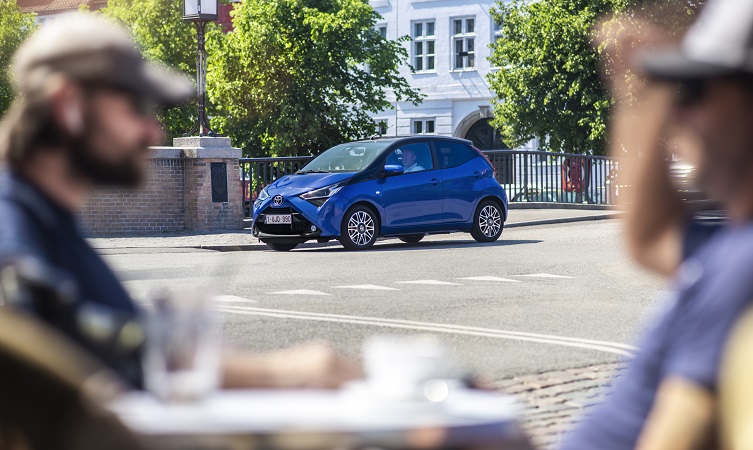
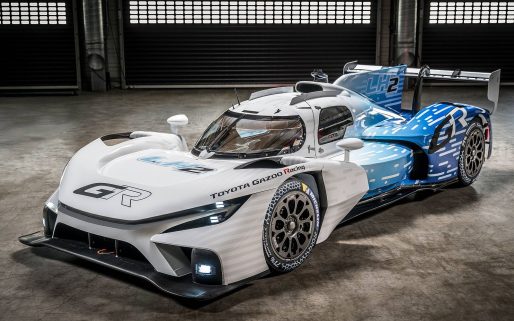
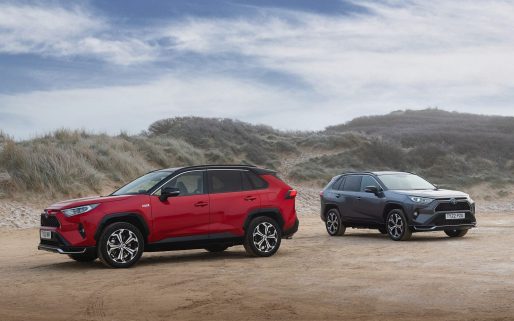
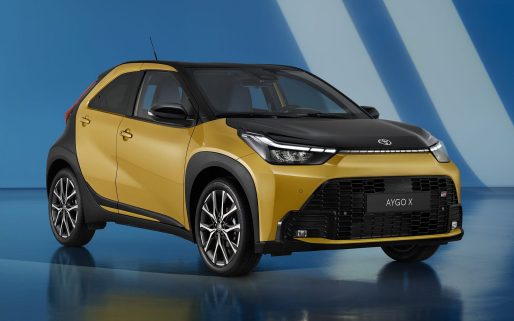

Do you have the details in the table above for the Corolla Hybrid Commercial 1.8 VVT-i please?
Hi Alec, thanks for your question.
This article is in need of an update, thanks for the spot! We have a company car calculator on our website which will give you all the info. Here it is: https://www.toyota.co.uk/fleet-business/calculators-advice/car-tax-calculator
Thanks,
Toyota UK
Hi there
I was looking for the same answer as Alec and the car he has mentioned is not referenced in the link you provided, it’s the Commecial Corolla specifically. I want to check if this is classed as a “van” and therefore light commercial vehicle, and therefore flat rate BiK.
Hi Tony, thanks for your comment.
The Corolla is classed by the DVLA as a Car Derived Van.
Thanks,
Toyota UK
Does the vehicle being classed as a car derived van mean it does qualify for flat rate BIK (£3600 currently)?
Hi Mike, thanks for your comment.
Yes, that is correct as of November 2024.
Thanks,